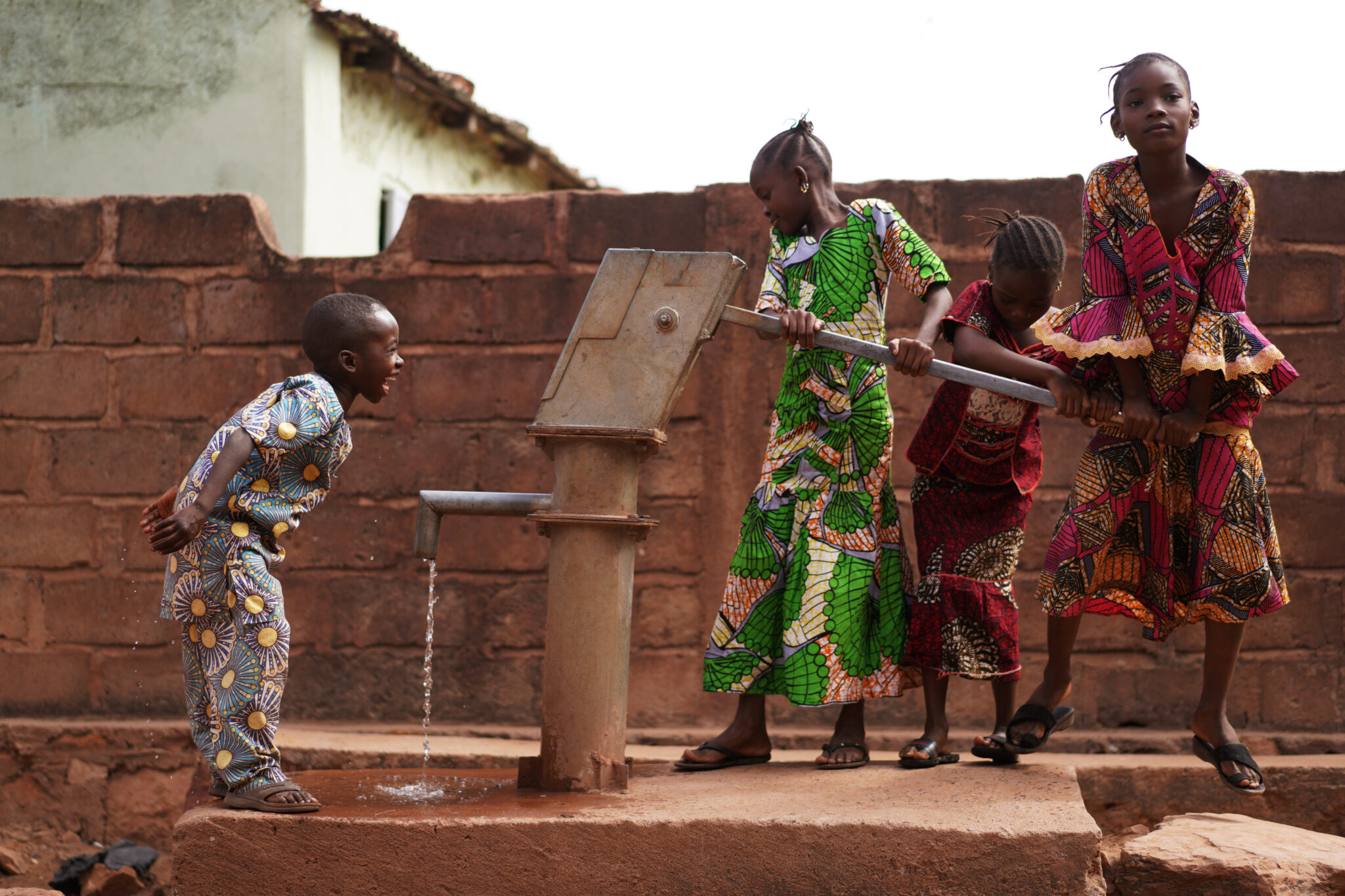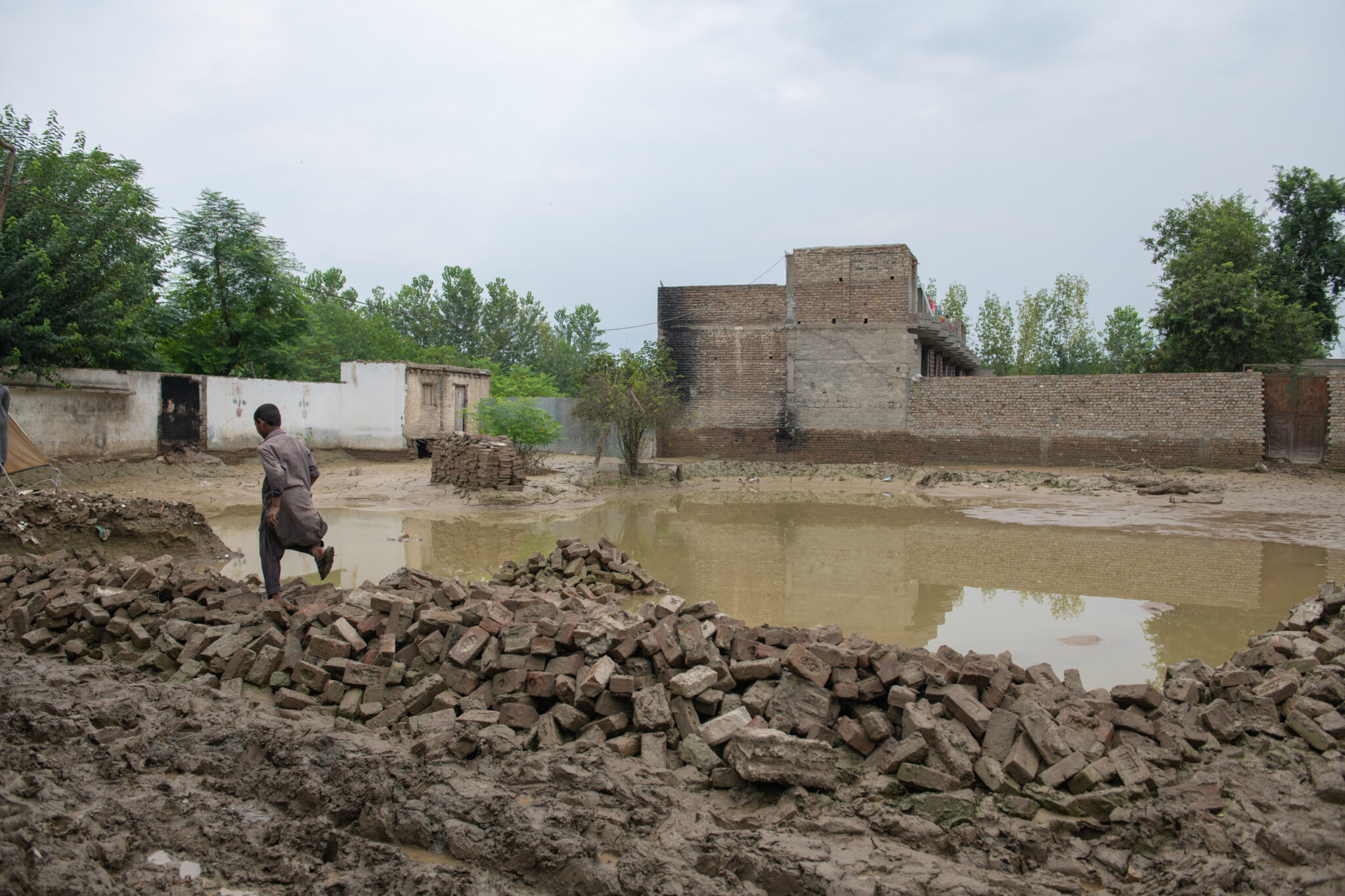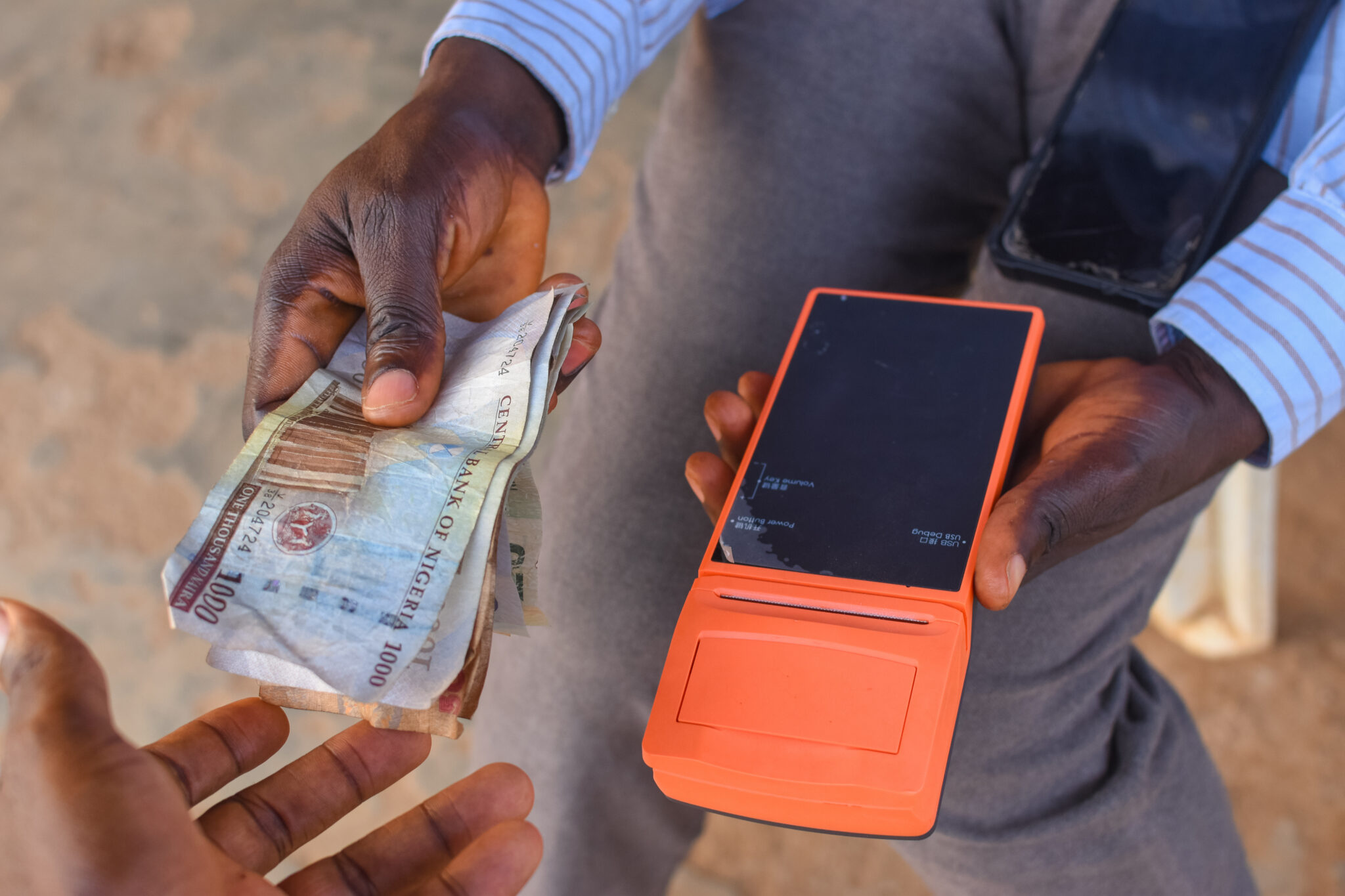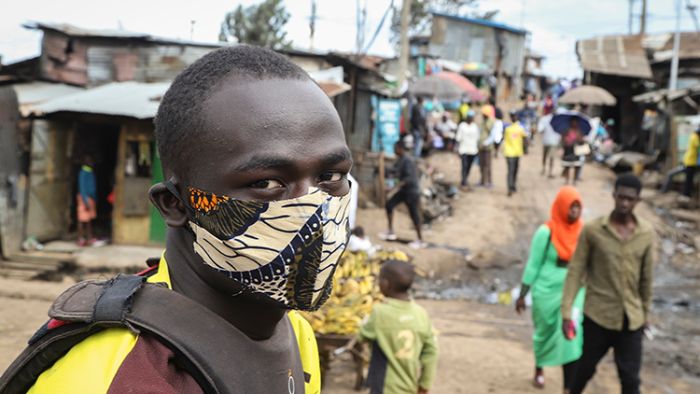A new index of poverty to target government cash transfers in Ghana

The Government of Ghana’s flagship social protection program, Livelihood Empowerment Against Poverty (LEAP), provides cash transfers and free health insurance to nearly a quarter million extremely poor Ghanaian households. But the LEAP program lacks resources to immediately reach all extremely poor households, and their targeting methodology faces problems such as excluding eligible households and including ineligible ones.
Currently, targeting LEAP transfers involves constructing a Proxy Means Test-based index to identify poor households across Ghana. The research team will construct an alternative index, incorporating estimation of households’ marginal utility of expenditure on different goods that predicts both household poverty, as well as which households will benefit most from the cash transfer (an essential estimate for targeting). By using the new index for targeting, the Ghanaian government should be able to identify households for whom cash transfers will have the largest benefit.
The central goal of the project is to advance government efforts to identify more vulnerable households to receive LEAP transfers. To achieve this, the team will exploit randomization in LEAP program placement across communities to measure the improvement in targeting associated with their method versus the traditional methodology. To do this, the team will (i) use supervised machine learning to predict how household size and composition affect consumption of different goods; and (ii) use unsupervised machine learning to obtain an index that explains residual variation in consumption.





